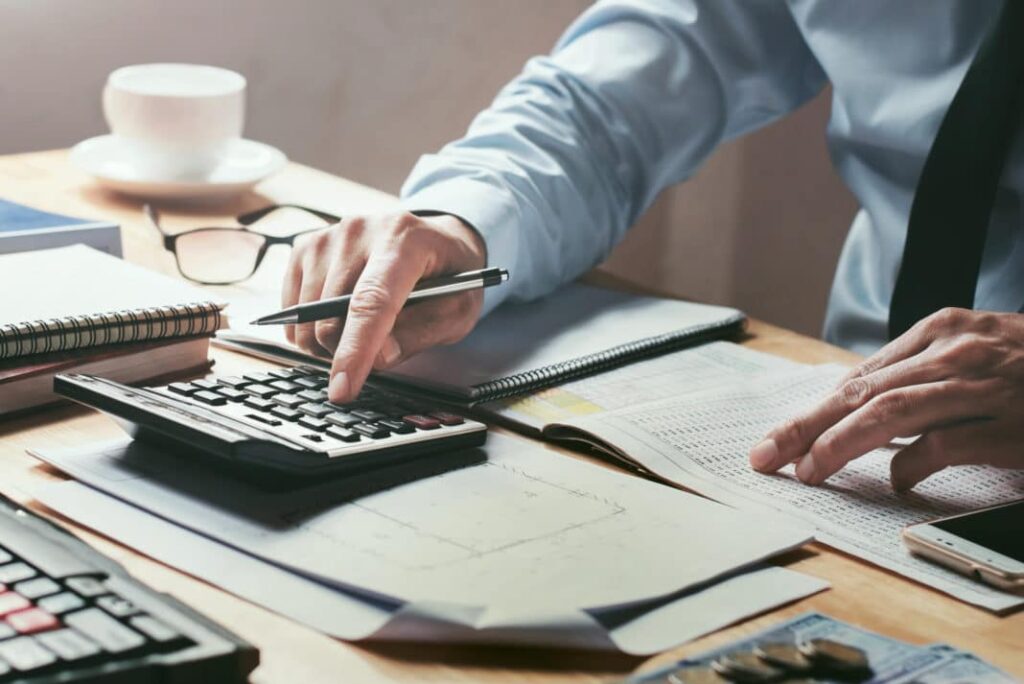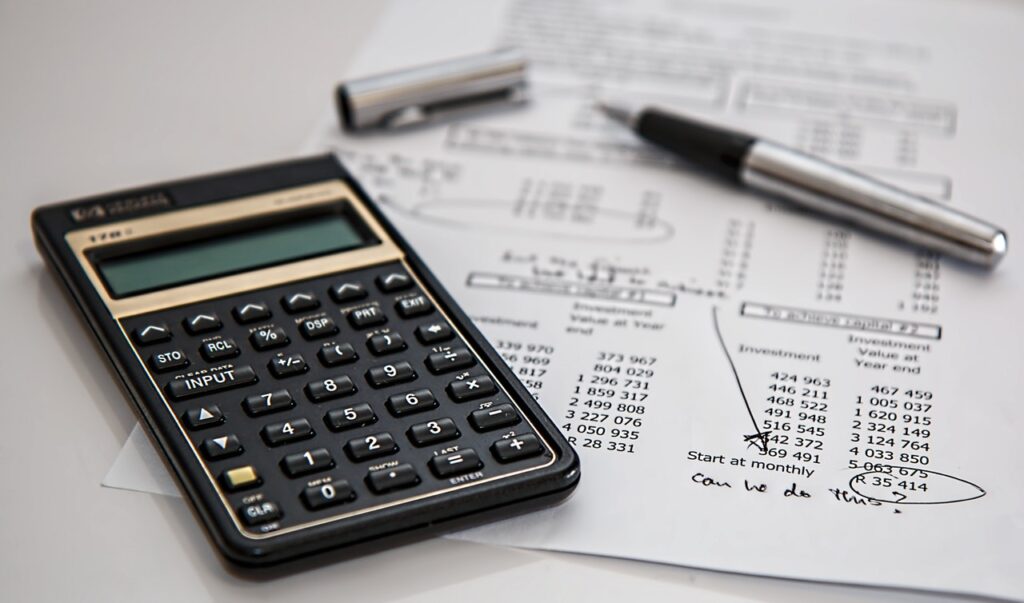Think you can’t pass the CPA exam on the first try? Think again. Although it’s a challenging exam to pass, many people do manage to do it the first time they sit for the exam.
What’s their secret? Could anyone pass on the first try? Yes, anyone can pass on the first try, including you. To improve your chances, make sure you adopt some or all of the following four strategies.
1. Take a CPA prep course

Source: moneycrashers.com
It goes without saying that people who manage to pass the exam on the first attempt know how to retain information and apply what they’ve learned to the real situations presented on the test.
But more often than not, they’ve also taken a CPA prep course that gave them a clear understanding of how the exam is structured. A solid prep course, like the one offered by Wiley, is more than just a series of practice tests.
The course breaks down a vast amount of material into small lessons, usually in video format. The practice exams and mock finals help to simulate what the real experience of the CPA exam will be like. Visit this site to learn more or enroll in Wiley’s CPA prep course.
Although you can find a variety of prep courses online, not all are created equal. One of the best features from Wiley’s CPA prep course is having access to one-on-one support. Industry-recognized professionals are available to mentor you and help strengthen your knowledge and skills 24/7. Some prep courses don’t offer this level of support.
When you choose Wiley’s CPA prep course, you’ll get free access to the course for 14 days so you can make sure it’s going to fit your needs.
When you take a CPA prep course, you’ll be guided by professional CPAs for the entire process, and you can ask questions as you go. With most online services, there are different tiers you can purchase, and the more expensive tiers offer a greater variety of features.
Though some features vary by package, most reputable prep courses grant all membership levels indefinite and unlimited access to study materials. That means you can review the course repeatedly until you feel sufficiently conversant with the material to sit for the real exam.
Specifically, Wiley’s prep course is designed to adjust question difficulty based on your aptitude. With that plus predictive scoring, you’ll have the best chance at thoroughly learning the material to pass the real exam.
2. Create a fixed daily study routine

Source: investopedia.com
Do you try to work in study time whenever you get free time throughout your day? If so, you probably have to keep motivating yourself during the day and you might even skip studying when you’re feeling a little tired.
For example, you might be in the habit of grabbing 20 minutes here and there for studying. When you’re tired, you might not get any studying done.
Spacing apart your study sessions seems like a good way to cover the material when you’re crunched for time, but that’s actually doing it backwards. Planning your day and allotting specific time(s) to study is a much more effective way to maximize your time and minimize exhaustion.
By creating a fixed daily study routine, you’ll have time set aside specifically for preparing for the exam, and you won’t have to worry about other responsibilities. Once you get into your routine, you won’t need to keep motivating yourself to find time to study.
If you tend to lose track of time and don’t want to watch the clock to know when it’s time to study, set an alarm on your phone to tell you when it’s time to study and just get to it. When you block out the time based on a set schedule, you can study free of stress, because you know you have nothing else pressing until the end of your allotted study time.
3. Create a productive environment

Source: timeshighereducation.com
Certain people can study well in a distracting environment, but they’re rare. Most people don’t study well in an environment that is cluttered, noisy, or has high traffic. Rather than trying to make studying work while surrounded by distractions, find a way to create a productive environment.
You might need to study in the basement, the attic, or the backyard. You might have to put up acoustic panels to dampen ambient noise. You might even need to tell people in your house not to bother you while you’re studying and hang a sign on your door.
If you can’t create a productive space at home, go to the library or your local coffee shop. You might even be able to study at your favorite restaurant if you aren’t taking up a table during busy hours.
4. Use spaced repetition

Source: pexels.com
Spaced repetition is the most effective study technique around. If you want to pass the CPA exam on the first try, you need to employ this tactic.
The spaced repetition technique is simple. Study for a while (maybe an hour or two) and then walk away from your study material for 30 minutes. Come back to revisit the material. Walk away for a slightly longer period of time, then come back to review the material again.
Repeat this throughout the day and each day you study, slightly increase the time you spend away from your study materials.
The brain is designed to store information in your memory when accompanied by an emotional experience. That’s why it’s easier to remember a mean comment someone made at your 10th birthday party than it is to remember what you read in a textbook five hours ago.
Spaced repetition is the best technique for remembering information that has no emotional impact.
Prepare for your CPA exam to pass on the first try
Use the techniques outlined in this article to pass the exam on the first try. Although CPA exam pass rates barely top 50%, you can do it if you’re well prepared.




